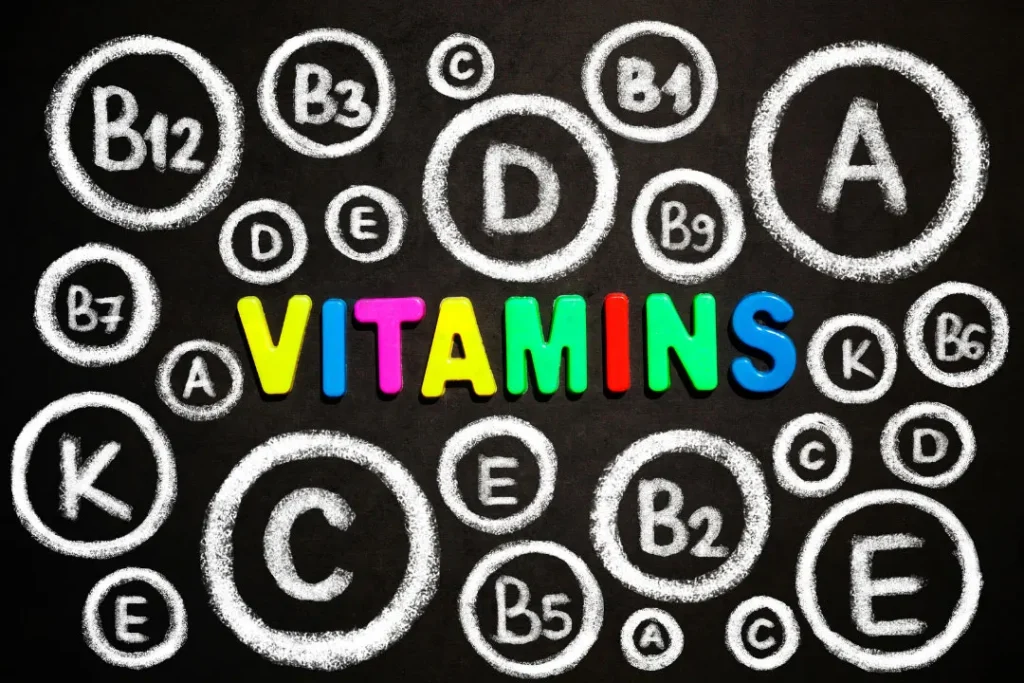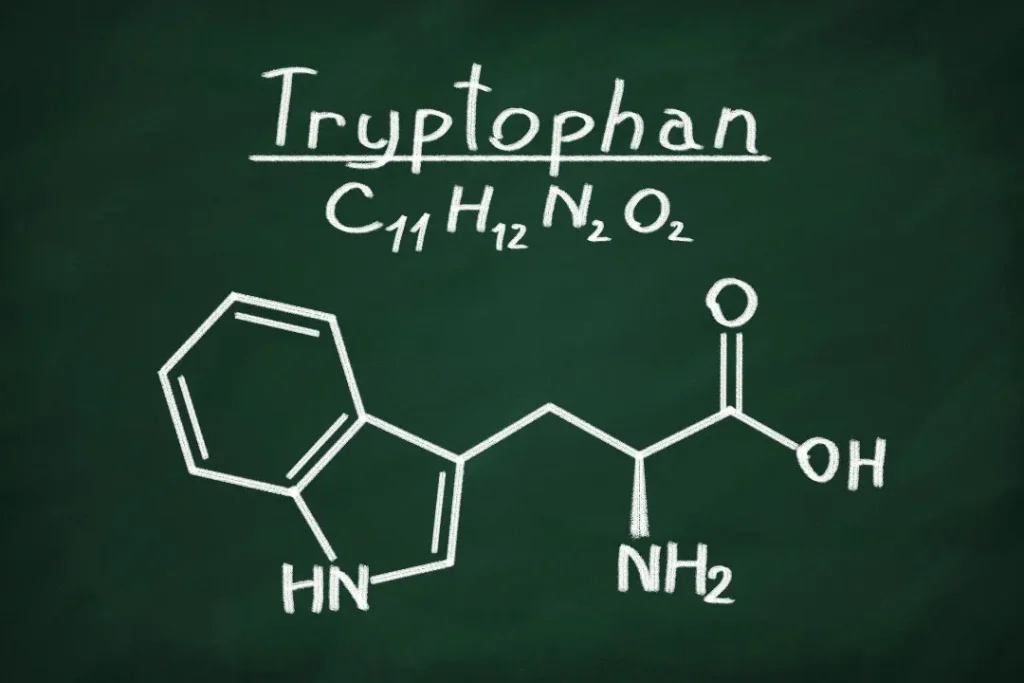The best sleep supplements work naturally to prime your mind and body for sleep rather than relying on the sedative ingredients that are so common in conventional over-the-counter remedies. We’ll compare two leading natural sleep supplements: Dr Berg Sleep Aid and DELTA BrainLuxury, so that you can make an informed purchase decision.
If you suffer from insomnia or have trouble sleeping, you’re probably familiar with sleep aids. A small dose of melatonin in a gummy or pill form, and you’re off to dreamland. However, these solutions are short-term fixes for a larger problem. Too much melatonin can disrupt your circadian rhythm, causing daytime grogginess, and may interact with blood pressure medication. Instead, it’s important to seek a solution that addresses the root problem and naturally sets your body up for sleep. In this article, we’ll compare two leading sleep aids, Dr Berg Sleep Aid and DELTA BrainLuxury, and explain why they may be better options than conventional remedies.
You May Also Like:
Dormin Sleep Aid vs BrainLuxury DELTA
Healthycell REM Sleep Supplement vs DELTA BrainLuxury
Dr Berg Sleep Aid vs DELTA BrainLuxury:
Tryptophan
Tryptophan is an essential amino acid that we obtain through foods such as turkey, chicken, peanuts, and milk. Our bodies convert tryptophan into the neurotransmitter serotonin and melatonin, both of which affect our mood, sleep-wake cycles, and brain function. Our brains rely on serotonin, melatonin, as well as essential fatty acids to function properly. That said, overloading our brains with melatonin supplements disrupts our natural sleep signals; as such, boosting these signals may prove a better way to get a good night’s sleep.
Dr Berg Sleep Aid contains 100mg of tryptophan, which is slightly less than half of the World Health Organization’s recommended daily intake. The average adult should consume about 280mg per day, although this amount can vary between individuals. To put it into perspective, the 100mg in Dr Berg Sleep Aid is roughly equivalent to one serving of oatmeal.
DELTA BrainLuxury, on the other hand, contains 450mg of tryptophan, which gets you your recommended amount and then some. Moreover, this tryptophan is derived from non-animal sources, which can be a deciding factor for those with dietary restrictions. Combined with essential fatty acids, DELTA BrainLuxury helps your brain produce its own melatonin for a faster and better sleep experience.

Dr Berg Sleep Aid vs DELTA BrainLuxury:
Additional ingredients
Both Dr Berg Sleep Aid and DELTA BrainLuxury contain glycine, another natural amino acid that is vital as a component of collagen, which is the protein that gives structure to our bones and connective tissues. Glycine also helps regulate nerve impulses and clears toxins from the body by binding to them. Additionally, it can help regulate your sleep by leading to the promotion of your body’s natural melatonin and calming the brain.
Dr Berg Sleep Aid contains only 25 mg, while the suggested dosage of glycine is 2-5 grams, which DELTA BrainLuxury meets with its 3000mg content. With its higher glycine content, DELTA BrainLuxury has a higher likelihood of jump-starting your body for sleep and increasing your body’s natural production of melatonin.
While combining glycine and tryptophan is a great way to improve sleep, vitamins and minerals are critical for the proper absorption of these amino acids. Dr Berg Sleep Aid contains vitamin C and calcium, along with magnesium and niacin, which are good for absorption. However, it appears all but niacin are well below the recommended daily value. In contrast, DELTA BrainLuxury provides amounts that surpass the daily value, such as 280mg or 310% of your daily value of vitamin C.
DELTA BrainLuxury also includes crucial fatty acids, amino acids, vitamins, and minerals to improve the absorption of glycine and tryptophan. Additionally, it contains 4g of protein, which Dr Berg Sleep Aid lacks. While both products omit added sugars, which is essential for a healthy sleep aid, DELTA BrainLuxury edges out Dr Berg Sleep Aid with the addition of protein and higher amounts of active ingredients.

Dr Berg Sleep Aid vs DELTA BrainLuxury:
Reviews
Both products boast several five-star reviews on their respective sites, with consumers highlighting the efficacy of the products and how much better their sleep experience has become. One reviewer on DELTA’s product page espoused how refreshed she felt the next day without any nightly interruptions to her sleep cycle. Reviewers of Dr Berg’s Sleep Aid mentioned chronic insomnia being alleviated. Both brands have three-star reviews that state the product worked sometimes but with minor results. Comparing the reviews of both products, it appears that both DELTA’s and Dr Berg’s customers experience better overall sleep.

Dr Berg Sleep Aid vs DELTA BrainLuxury:
Final thoughts
In a head-to-head comparison of these two sleep aids, it’s clear that DELTA BrainLuxury has levels of ingredients that outperform Dr Berg Sleep Aid, alongside the right amount of active ingredients and the inclusion of additional vitamins and minerals that make the product more effective. With its high tryptophan content, along with glycine and essential fatty acids, DELTA BrainLuxury is a superior option for those seeking a remedy for their sleepless nights and groggy mornings.

Further Reading:
PubMed: New therapeutic strategy for amino acid medicine: glycine improves the quality of sleep
Medical News Today: Melatonin: Are we using too much?
VeryWellHealth: Glycine Overview
Livestrong: 12 Foods High in Tryptophan for Better Sleep
PubMed: Protein and Amino Acid Requirements in Human Nutrition
Drugs.com: Tryptophan
PubMed: Influence of Tryptophan and Serotonin on Mood and Cognition with a Possible Role of the Gut-Brain Axis
Important Note: The information contained in this article is for general informational purposes only, and should not be construed as health or medical advice, nor is it intended to diagnose, prevent, treat, or cure any disease or health condition. Before embarking on any diet, fitness regimen, or program of nutritional supplementation, it is advisable to consult your healthcare professional in order to determine its safety and probable efficacy in terms of your individual state of health.
Regarding Nutritional Supplements Or Other Non-Prescription Health Products: If any nutritional supplements or other non-prescription health products are mentioned in the foregoing article, any claims or statements made about them have not been evaluated by the U.S. Food and Drug Administration, and such nutritional supplements or other health products are not intended to diagnose, treat, cure, or prevent any disease.